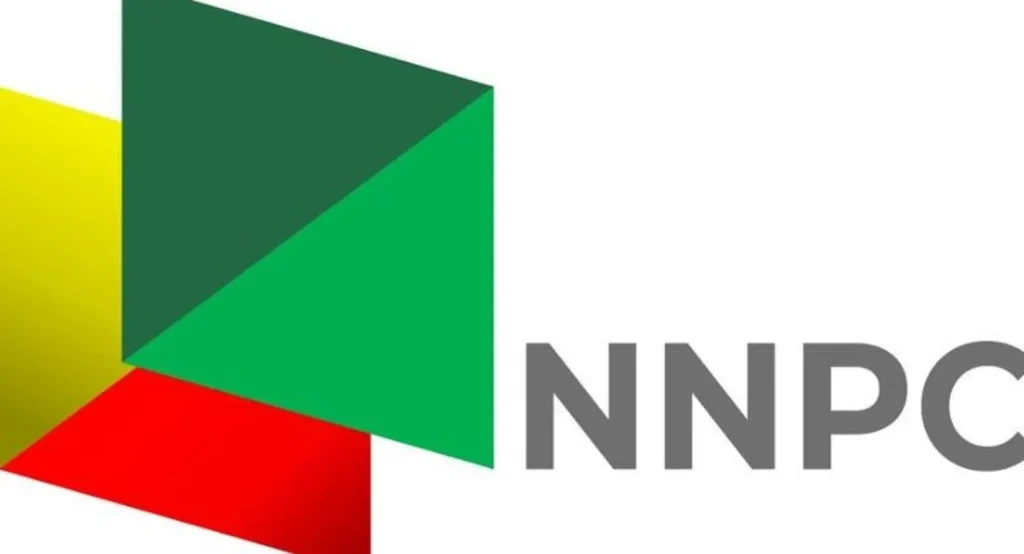The Nigerian National Petroleum Company (NNPC) Limited has said that it does not import adulterated premium motor spirit (PMS), also known as petrol.
On Tuesday, Olufemi Soneye, NNPC’s Chief Corporate Communications Officer, responded in reaction to demonstrators demanding the ouster of Mele Kyari, the company’s group CEO.
Civil society organisations converged at the NNPC headquarters in Abuja to protest the increase in petrol prices.
Soneye challenged anyone to provide proof that NNPC is importing contaminated fuel.
“NNPC Ltd. does not import contaminated fuel. “If anyone has evidence to the contrary, they should provide samples of any such fuel imported by NNPC Ltd.,” he stated.
“We have more urgent projects to complete to ensure energy security for our country.”
On November 3rd, Dangote Petroleum Refinery stated that any oil marketer selling petrol at a lower price than the refinery is most likely importing defective products.
Dangote Refinery made this remark in response to allegations by some oil marketers that the refinery’s petrol was more expensive than imported fuel.
Soneye further stressed that Kyari is not to blame for the rise in petrol prices.
NNPC raised the price of petrol from N855 per litre in September to N998 per litre on 3rd October.
On 28th October, NNPC raised the pump price for the second time that month, to N1,025 in Lagos and N1,050 in Abuja.
Soneye said only those lacking information would blame the CEO for the price increase.
“If they were informed, they would know that the GCEO is not responsible for the increase in fuel prices,” he said.
“In fact, the GCEO ensured that Nigerians had access to fuel at N620 per litre for over a year, even when the landing cost exceeded N1,100.”
Soneye concluded that, despite the protests, NNPC would remain focused on fulfilling President Bola Tinubu’s roadmap for energy security in Nigeria.

